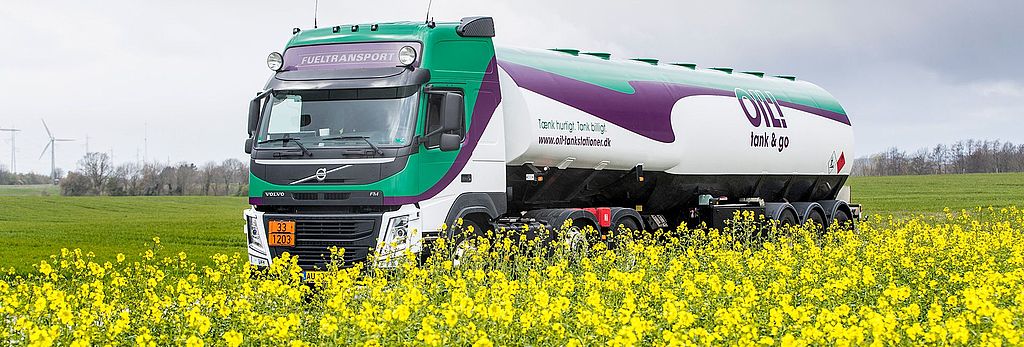
Ethanol (alcohol)
What is ethanol?
Ethanol is an alcohol, which makes it an organic chemical. Ethanol (boiling point around 78°C) is the alcohol contained in alcoholic beverages. In pure, but denatured form it is referred to as spirit and used as a fuel, for example for camping stoves or ethanol stoves, but also as a solvent, cleaning agent and disinfectant.
Ethanol has a calorific value of about 7.4 kilowatt hours per kilogram, or about 5.9 kilowatt hours per liter. So calculated by volume, its calorific value is approximately 40% lower than that of heating oil and about 35% lower than that of petrol/gasoline.
In addition to being produced by the alcoholic fermentation of biomass (e.g. sugar beet, potatoes, cereals - see bioethanol), ethanol is also produced synthetically from ethylene for industrial purposes. This involves the synthesis of ethylene and water. Ethylene is a commonly used organic base chemical, which is also used in the production of plastics. It can be made from a variety of hydrocarbons such as naphtha or gasoil, but ethylene and finally ethanol can also be produced from gases (ethane, propane).
Ethanol can be used as a fuel component – usually as an admixture to petrol/gasoline. E10, for example, is a mixture of 10 vol.% ethanol and 90 vol.% gasoline. For further information, see bioethanol.
Liquid fuels to which ethanol is added are traded by the Mabanaft group and its subsidiaries: These fuels are sold wholesale by Mabanaft companies such as Mabanaft Deutschland and Mabanaft Limited, and in the Retail business mainly by OIL! Tankstellen. Oiltanking Deutschland, for example, is active in tank storage logistics.
Fuels at Mabanaft Deutschland
Fuels at Mabanaft Limited, UK
Fuels at the Petronord group of companies
Fuels at OIL! Tankstellen
Tank storage solutions of Oiltanking Deutschland
Status: December 2015
All information subject to change. Errors and omissions excepted.

